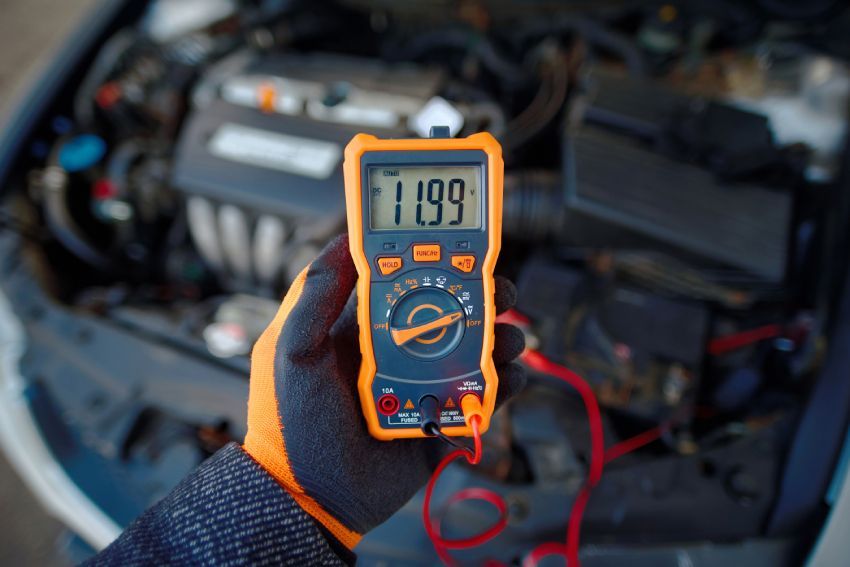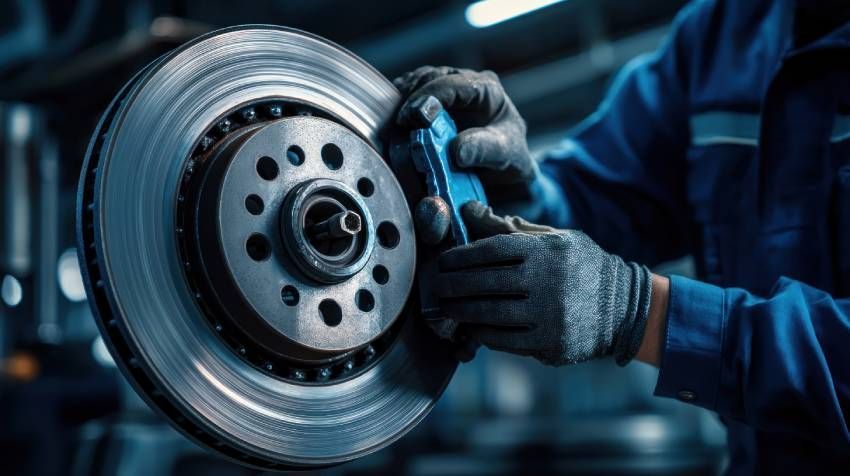How to Identify Car Suspension Problems: A Guide
Your car's suspension is one of those things you don't think about until it stops working. Then suddenly you're feeling every pebble on the road, your car is bouncing like a trampoline, and you're wondering how you never noticed how many potholes there are in your neighborhood. Spoiler alert: you’ve probably got suspension problems.
The suspension system is basically what keeps your car from beating you to death every time you drive over a speed bump. It's also what keeps your tires on the ground when you turn corners, which is pretty important for not crashing. When it starts to fail, your car will let you know—sometimes subtly, sometimes not so subtly.
How Does Car Suspension Work?
Your suspension is a team effort between springs, shock absorbers (or struts), and various linkages that connect your wheels to your car. The springs absorb the big bumps, the shocks keep the springs from bouncing forever, and the linkages make sure everything moves in the right direction.
Think of it like your car's knees and ankles. When you walk over uneven ground, your joints absorb the impact so your brain doesn't get rattled around. Your suspension does the same thing for your car—it absorbs the road's imperfections so you don't have to.
When everything's working properly, you barely notice it. Your car rides smoothly, handles predictably, and your coffee doesn't end up all over your dashboard when you hit a pothole. When it's not working properly, you'll definitely notice.
What Causes Suspension Problems in a Car?
The most common cause is just wear and tear. Your suspension is constantly working, absorbing thousands of impacts every time you drive. Eventually, things wear out. It's not a design flaw—it's physics.
Potholes are suspension killers. That jarring impact when you hit one doesn't just ruin your day—it can damage your shocks, struts, and other components. The bigger the pothole and the faster you hit it, the more damage it can do.
Age is another factor. As your car gets older, the rubber components in your suspension dry out and crack. Metal parts can corrode. Everything just gets tired.
Accidents can mess up your suspension even if the damage isn't obvious. A seemingly minor fender bender can knock things out of alignment or damage components you can't see.
Overloading your vehicle puts extra stress on the suspension. If you're constantly hauling heavy loads or have turned your car into a mobile storage unit, your suspension is working harder than it was designed to.
Symptoms of Bad Car Suspension
The most obvious sign is a rough ride. If you're feeling like you're driving a covered wagon on a dirt road when you're actually on smooth pavement, your shocks or struts are probably shot.
Pulling to one side while driving is another common symptom. If you have to constantly correct your steering to keep the car going straight, something's wrong with your alignment or suspension.
Dipping and diving when you brake or accelerate is a classic sign of worn shocks. Your car shouldn't feel like a boat in choppy water every time you slow down or speed up.
Rolling and swaying in turns means your suspension isn't controlling your car's body movements properly. This isn't just uncomfortable—it's dangerous.
Other things to watch for include uneven tire wear, unusual noises when you go over bumps, and a vibrating steering wheel. Your car is trying to tell you something—the question is whether you're listening.
How to Prevent and Fix Car Suspension Problems
Prevention is mostly about being smart. Avoid potholes when you can. Don't overload your vehicle. Have your suspension inspected regularly by someone who knows what they're looking for.
When problems do show up, don't ignore them. A small issue can become a big, expensive issue pretty quickly. Sometimes a simple repair—like replacing a worn bushing—can fix the problem. Other times you might need new shocks, struts, or other major components.
The key is getting it diagnosed properly. Suspension problems can be tricky to pin down, and you don't want to replace parts that don't need replacing.
If you're in the Santa Cruz area and your car is riding like a buckboard wagon, the team at Scotts Valley Transmission & Auto Care can figure out what's wrong and fix it right.
Contact us for more information about
auto repair services in Santa Cruz or
suspension repair services today. Because life's bumpy enough without your car making it worse.





